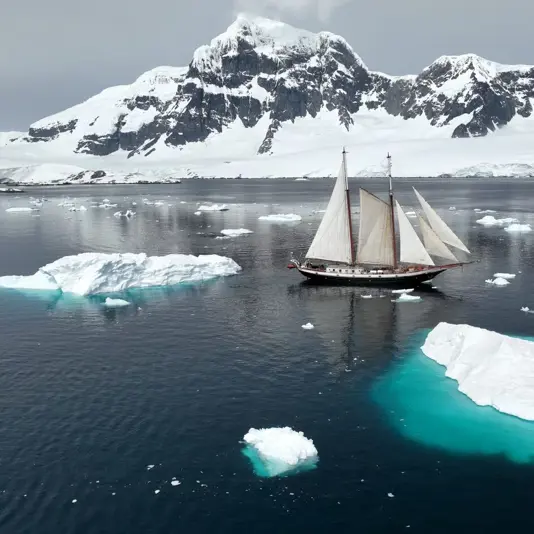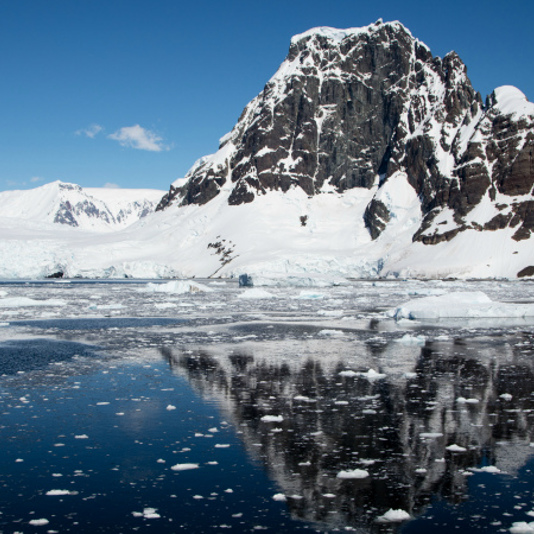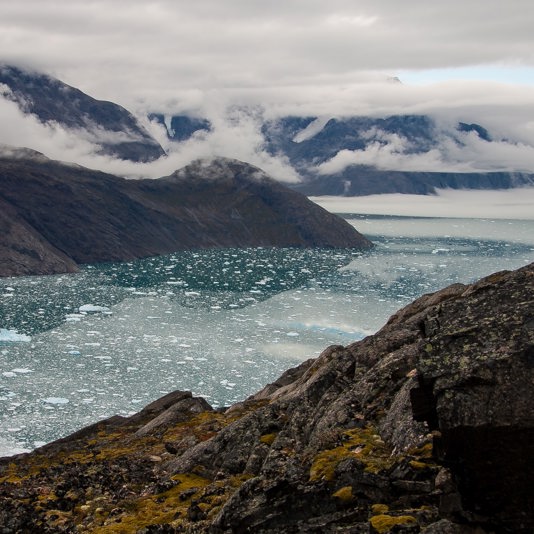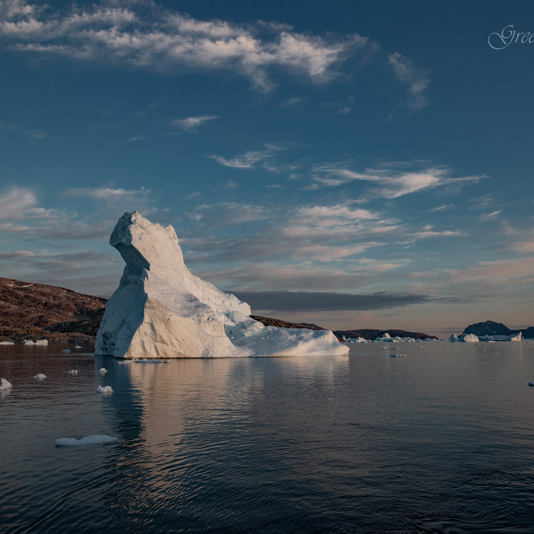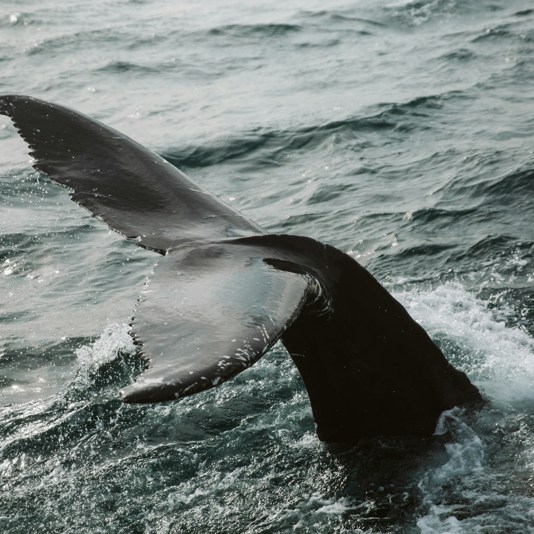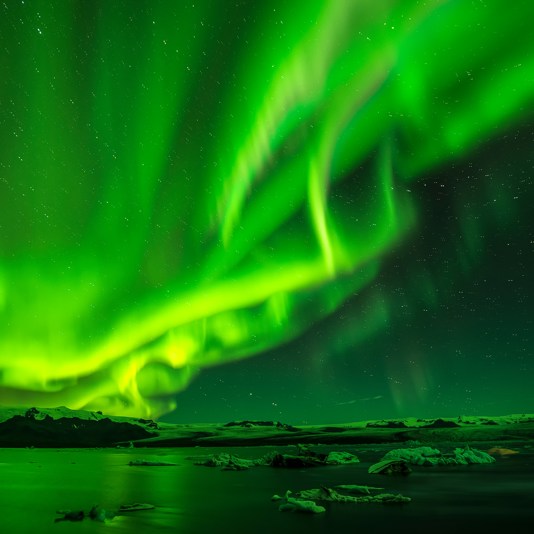30 Jul
2024
Polar sea expeditions are becoming more accessible and convenient: for example, every year we conduct up to 20 trips to the most beautiful and inaccessible places in the polar latitudes on comfortable sailing ships and along convenient routes. However, this level of polar tourism development would be impossible without those explorers who were not afraid of difficulties on the way to the poles, improved technical equipment of ships and challenged the elements to reach the "top of the world". Today we decided to tell you about the navigators who made the very first maritime polar expeditions when it seemed beyond reality.
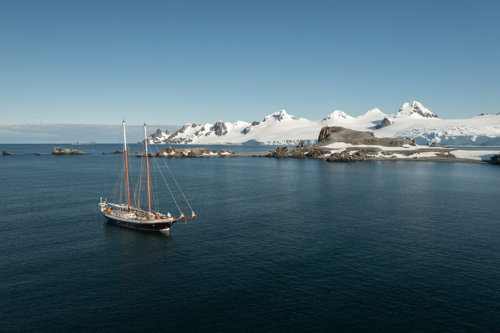
Exploration of the northern and southern polar regions has been going on for several centuries. What was it that attracted people to these dangerous places?
Exploration of the Arctic was primarily of a practical nature. Since the 16th century, navigators and traders have been searching for the shortest route from Europe to India and China. At that time there were already suggestions about the existence of the North-West and North-East sea routes, but at that time Europeans knew only about the existence of Spitsbergen, Greenland and Novaya Zemlya.
There was a theory that if the sun shone almost constantly for three months in summer in northern latitudes, the ice near the North Pole could melt, which meant that it was possible to reach the "top of the world" by ship.
Heading north
The first person to make a significant breakthrough in traveling north was Henry Hudson. He decided to try to reach Asia via the Arctic Ocean, persuading the English Moscow Trading Company to finance his expedition in 1607. Hudson got an old ship, but for the first time in history he managed to reach 80° north latitude and was about 1000 kilometers from the North Pole. His record lasted more than 150 years.

In XVIII century Mikhail Lomonosov has put forward the theory about possibility of achievement of the North Pole by sea way. According to the calculations of the scientist, strong sea winds should clear the sea from ice to the north of Spitsbergen, giving ships the opportunity to reach the Pole. In 1765-1766, Russian expeditions led by Admiral Vasily Chichagov attempted to go further north, but were only able to reach 80°30' N. latitude.
Periodic attempts to reach the Pole were made later by expeditions from different countries - Britain, America and Norway. One of the most famous was the Norwegian polar expedition of Fridtjof Nansen, for which the sailing ship “Fram”, unusual for those times, was specially built. The project was innovative: the three-masted schooner with a steam engine (later it was replaced by a diesel engine) was wide (11 meters with a length of 39 meters) and had a significant draft. Her rounded hull with almost no keel was to be pushed to the surface by ice, and the rudder and propeller could be retracted inside the hull.
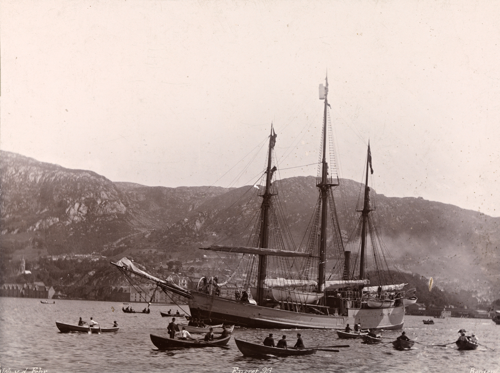
"The "baptism of fire" of the Fram was the expedition to the North Pole led by Nansen (1893-1896). Nansen hoped that the ship would reach the Pole with the help of the ocean current, but it did not happen. "Fram" spent almost 3 years in ice captivity at 85° 57' N latitude, but Nansen and his crew managed to reach 86° 13.6' N by dogsled, which was a world record at the time.
How the South was conquered
The discovery and exploration of Antarctica and the South Pole is an achievement of a later time. In 1819, Admiral Ivan Kruzenstern proposed to send an expedition to the South Pole, and it was prepared in record time. The reason for this was a kind of "competition" with the British, who were preparing a similar study. The first Russian Antarctic expedition led by Thaddeus Bellingshausen and Mikhail Lazarev on the sloops "Vostok" and "Mirny" took place in 1819-1821 and its result was the discovery of the Antarctic continent. By the way, in honor of the 200th anniversary of this event, in 2019 Marine Practice organized a round-the-world voyage on the barques Sedov and Kruzenshtern and conducted its first expedition to Antarctica.
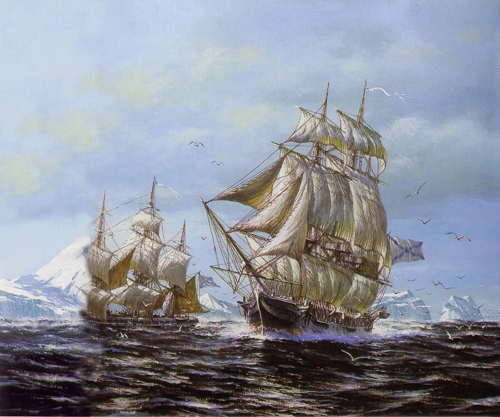
Polar explorers managed to reach the South Pole only almost 100 years after the discovery of Antarctica. One of the first - and not entirely successful - attempts was the British Antarctic Expedition of 1901-1904 on the three-masted barque Discovery under Robert Scott. His crew also included Ernest Shackleton and Edward Wilson, who would also become famous polar explorers in the future. Barque "Discovery" was built on the basis of strong and durable whaling ships, the designers used the experience of building "Fram" - the ship was also equipped with a mechanism that retracts the rudder and propeller inside the hull. That time Scott's crew failed to reach the Pole and had to turn back at 82°17', having covered a third of the distance to the South Pole.
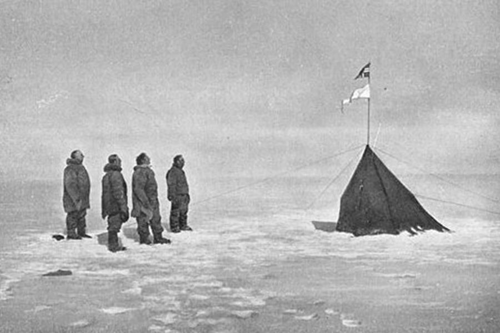
Conquering the South Pole on December 14, 1911 was managed by a Norwegian Roald Amundsen, using Nansen's ship "Fram". At the same time with him another expeditor went to the Pole went and a new expedition was led by Robert Scott "Terra Nova". Scott's team reached the Pole 33 days later, but all its members died on the way back.
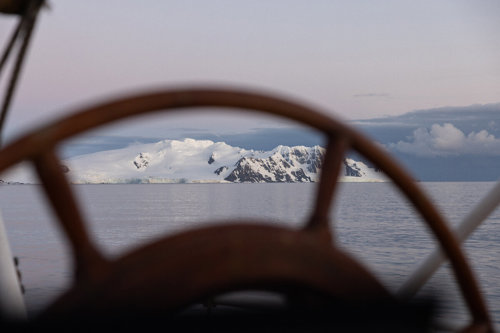
Check out regular offers to Greenland and Antartica from our partners in the Cruises section of the website!

